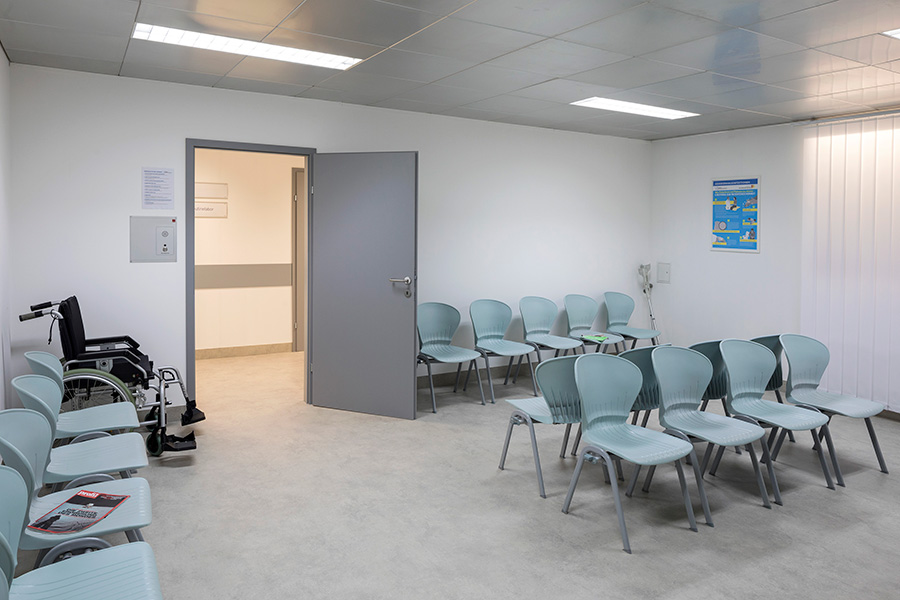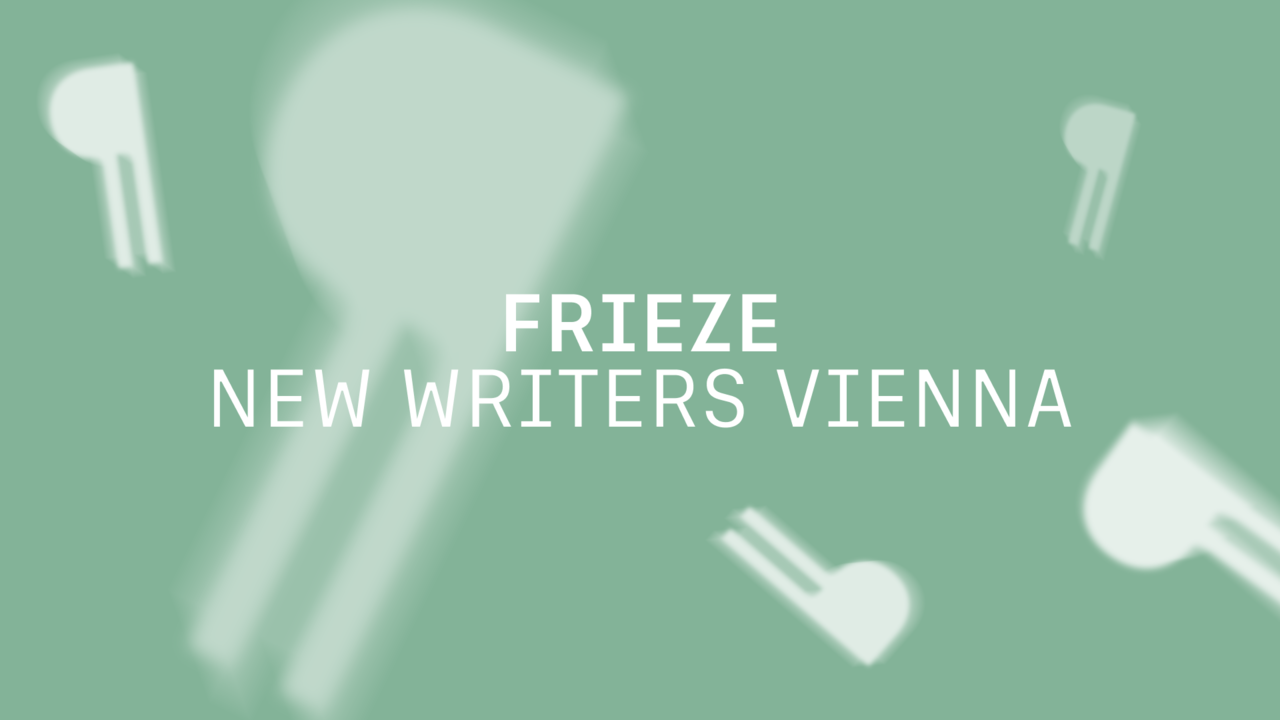Omer Fast Blends Medieval Jewish Tales with the Contemporary Grotesque
In three video installations, the artist stages theatrical mise-en-scènes at Salzburger Kunstverein
In three video installations, the artist stages theatrical mise-en-scènes at Salzburger Kunstverein

The world doesn’t care. That’s the seemingly knee-jerk wisdom encapsulated in the titular Yiddish proverb that a young Orthodox Jew – who suddenly appears out of thin air on a chairlift in an Alpine ski resort – imparts to the German-speaking woman sitting beside him in the opening scenes of Omer Fast’s latest film, Der Oylem iz a Goylem (2019). The man is out of place; in his traditional black suit and Borsalino hat, he is hardly equipped for the snow-white slopes. And, besides, no Orthodox man would ever be caught sitting so closely to a woman other than his own wife.
Filmed in Salzburg, the work was commissioned by the Salzburger Kunstverein, where it premiered this summer. And, as in many of his recent shows, the Jerusalem-born artist has transformed the exhibition space to appear like something it’s not: in this case, a medical clinic. An empty waiting area is awash with awful white light. A poster on the wall illustrates the Austrian food pyramid. A door opens to a long, cold corridor that leads to two rooms: a lab, where visitors are required to don Oculus Rift headsets to view the artist’s 2018 film The Invisible Hand; and a black box where Der Oylem iz a Goylem is playing. Both works are based on medieval Jewish tales that tell a story-within-a-story and in which the narrative is driven by a roused, revenge-seeking, feminine ghost. But they’re also radically different: The Invisible Hand is set in modern-day China, allowing a degree of removal from the tale’s Eastern-European origins (albeit causing the film’s censoring when it opened at the Guangdong Times Museum because, as the artist was told, ‘there are no ghosts in modern China’). Der Oylem iz a Goylem, on the other hand, takes place in present-day Austria, where spectres of the past loom large, and hits closer to home in a country where, at the time I’m writing this, the far-right party is poised to gain more power.

All the Jewish characters in the ancient tale recounted in Yiddish by the Orthodox man to his unwilling listener on the chairlift wear prosthetic noses. And the legend’s seductress, a she-devil, exposes a prosthetic breast – her appearance recalling Cindy Sherman’s depiction of herself as a Renaissance painting of the Virgin Mary (Untitled #216, 1989). Otherness of any kind is thus marked as grotesque, its manifestation shaped by projected stereotypes. Growing increasingly uncomfortable with her neighbour, the woman on the chairlift performs an act of violence on the Orthodox man, causing him to disappear just as inexplicably as he materialized.
In the clinic’s antiseptic setting, a place defined by science, the supernatural elements in both works seem foreign, like something to be treated lest the contamination spread, and the unresolved ghosts of the past get in the way of progress. Though based on age-old fairy tales, the films also evoke a modern literary work through Fast’s linking of trauma and contamination: Philip Roth’s The Human Stain (2000). Likewise told by a Jewish narrator, Roth’s book relays the story of a professor who passes as Jewish to conceal he is part African-American, but is then accused of racism for referring to two African-American students as ‘spooks’ (ghosts, again) because they’ve been absent from his classes. Only two years ago, Fast himself was accused of racism when he created an installation at James Cohan Gallery in New York’s Chinatown that transformed the exhibition space into a shabby Chinese store (‘August’, 2017). At Salzburger Kunstverein, the artist’s moving 3D tribute to the German photographer August Sander, which gave that show its title, plays in a separate room outside the fake clinic. It doesn’t need to be purified of anything, it seems to argue.
‘Omer Fast. Der Oylem iz a Goylem’runs at Salzburger Kunstverein until 6 October 2019.
Main Image: Omer Fast, ‘Der Oylem iz a Goylem’, 2019, production still. Courtesy: the artist






















